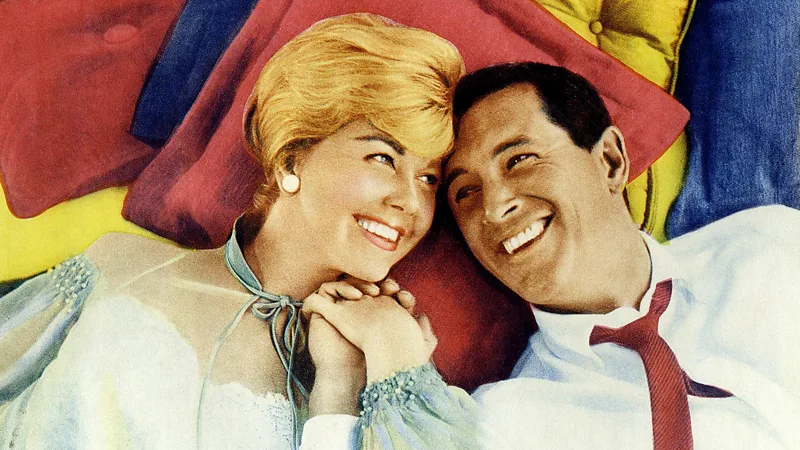The actors discussed how the movie reflected the views of a country on the verge of a sexual revolution in an interview with the news in the 1980s.
In a rare 1989 interview, Doris Day made a lighthearted remark that sums up a movie that once stretched the bounds of what was considered acceptable in Hollywood. During a time when morality ruled the film industry, 1959 saw the bold exploration of themes of contemporary romance and desire in Pillow Talk. These topics now seem almost archaic.
It went on to influence romantic comedy as a whole, creating archetypes and cliches that are still in use today.
Pillow Talk, directed by Michael Gordon, centers on accomplished interior decorator Jan Morrow (Doris Day), who unintentionally shares a phone line with charming but promiscuous composer Brad Allen (Rock Hudson). Brad uses the line for his personal business, crooning to numerous women as Jan tries to use it for business. Following World War Two, corporations in the US saw a sharp increase in demand for phone services, leading them to provide shared telephone connections to several individuals. These “party lines” were economical, but privacy was frequently violated. The party line is a lighthearted device used in Pillow Talk for romantic.







